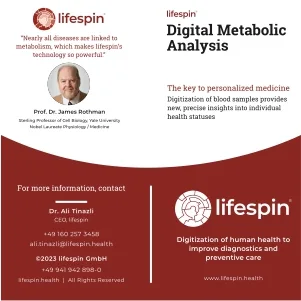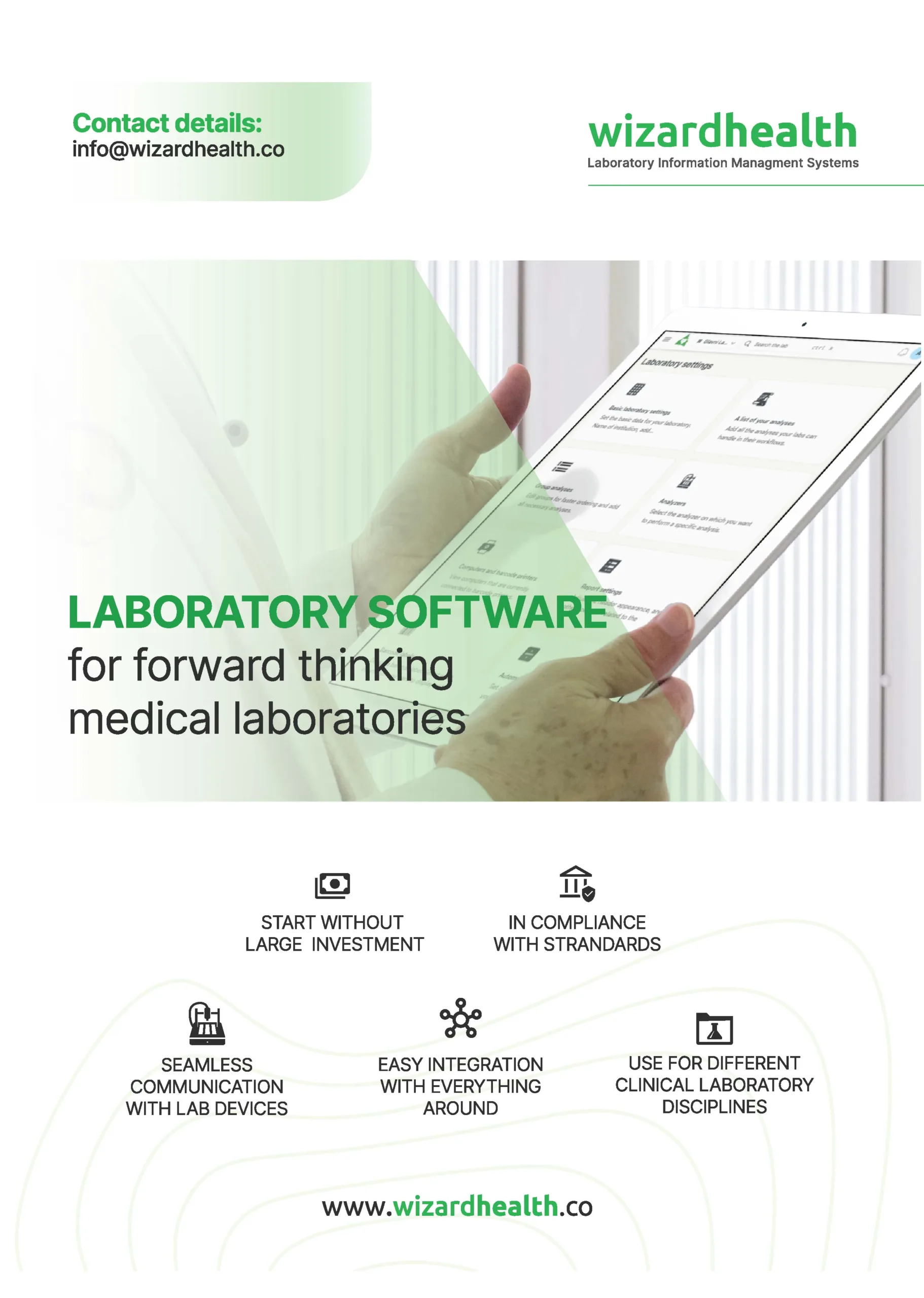When the UAE was struck by recent floods, the authorities managed the crisis exceptionally well by implementing a rapid and coordinated emergency response plan. As a medical professional, I feel compelled to offer guidance on how we can safeguard physical and mental well-being in the aftermath of this natural disaster as people return home. There are several precautions they need to take to ensure a healthy transition while protecting one’s health. Beyond the immediate challenges of floodwaters, there are crucial steps residents can take to ensure their continued health and resilience. In this article, I offer some medical advice and coping strategies on how to deal with the unique circumstances of the flood in UAE this week.
Understanding the Immediate Risks
With the recent flooding, there has been some structural damage. When it comes to floodwaters, residents must be careful as they pose significant health risks. Floodwaters can carry contaminants, bacteria, and hazardous materials, increasing the risk of waterborne diseases and infections. As residents return to their homes, it’s essential to exercise caution and avoid contact with standing water whenever possible. Wearing protective gear, such as gloves and boots, can help reduce the risk of exposure to harmful pathogens.
Prioritizing Hygiene and Sanitation
Maintaining good hygiene practices is crucial in preventing the spread of waterborne illnesses in the aftermath of a flood. Residents should thoroughly clean and disinfect their homes, paying particular attention to areas that may have come into contact with floodwaters. Additionally, practicing proper hand hygiene, such as washing hands with soap and water frequently, can help reduce the risk of infection. If clean water is not available, using hand sanitizer with at least 60% alcohol can be an effective alternative. It is wise to remove any waterlogged or contaminated items, including furniture and household items that cannot be cleaned or disinfected properly.
Managing Health Conditions
For individuals with pre-existing medical conditions, such as diabetes, hypertension, or respiratory disorders, such situations may present additional challenges. Patients must continue taking their medications as prescribed and monitor their health closely for any signs of worsening symptoms. Those with chronic conditions should prioritize seeking medical attention if needed and ensure they have an adequate supply of medications to last through any potential disruptions in access to healthcare services.
Addressing Mental Health Needs
The emotional impact of a flood can be profound, leading to feelings of anxiety, stress, and uncertainty. People need to prioritize their mental well-being by seeking support from mental health professionals, friends, and family members. Engaging in stress-reduction techniques, such as mindfulness meditation or deep breathing exercises, can also help alleviate feelings of distress. It is normal to feel overwhelmed during this time, and reaching out for support is a sign of strength, not weakness.
Preventing Mosquito-Borne Diseases
Stagnant water left behind by the flood creates ideal breeding grounds for mosquitoes, increasing the risk of mosquito-borne diseases. Residents should take steps to eliminate stagnant water around their homes, use insect repellent, and wear protective clothing to reduce the risk of mosquito bites. Additionally, installing screens on windows and doors can help prevent mosquitoes from entering the home.
Apart from the immediate concerns such as waterborne diseases, there are several other medical conditions to be mindful of in the aftermath of a flood. Mold growth in damp environments post-flooding can exacerbate respiratory conditions such as asthma and allergies. Individuals with respiratory conditions should take precautions to minimize exposure to mold spores and seek medical attention if symptoms worsen.
Click here to follow our WhatsApp channel
Prolonged exposure to contaminated water can increase the risk of skin infections such as dermatitis and cellulitis. It is important to keep skin clean and dry and seek medical attention if any signs of infection, such as redness, swelling, or warmth, develop.
Individuals with cuts, abrasions, or wounds are at increased risk of infection if they come into contact with contaminated floodwaters. Keeping wounds clean and properly dressed is essential to prevent infection. Seek medical attention for any signs of infection, such as increased pain, redness, or discharge from the wound.
Also Read: Flood Aftermath: Safeguarding your health and restoring your life
In the aftermath of the recent flood in the UAE, ensuring the well-being of residents is key after addressing the immediate challenges posed by floodwaters. By following these medical recommendations, including prioritizing hygiene and sanitation, managing health conditions, addressing mental health needs, and preventing mosquito-borne diseases, individuals can protect their health and resilience in the face of adversity. As medical professionals, we remain committed to supporting the health and well-being of all residents affected by this natural disaster.


















